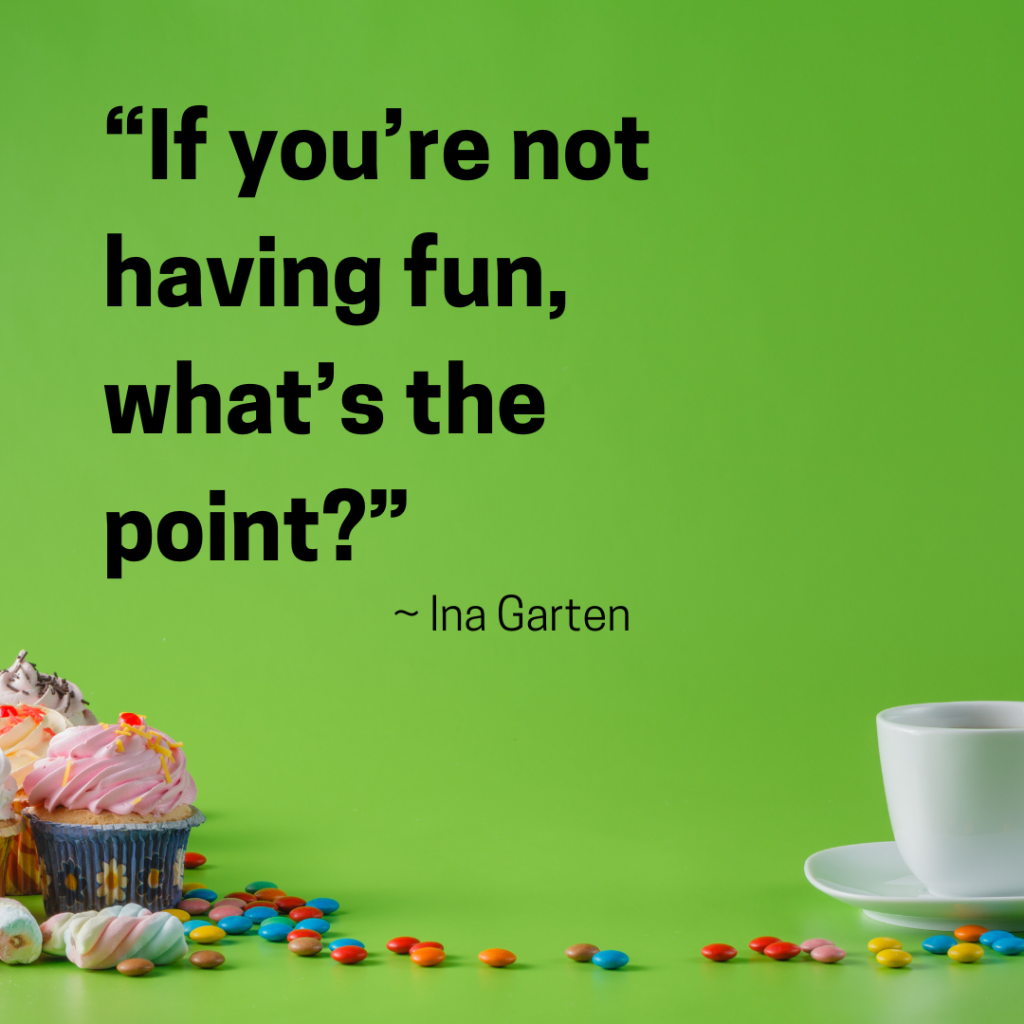
So far, we’ve determined what we can do, where we have been to get us to the present, and where we want to go. Now that we’re ready to set goals it’s time to ask the question that will help us take action on those goals. It’s time to determine “What can you do for other people” because whatever you decide to do is going to take assistance from someone else. As Zig Ziglar once said, “You can have everything in life you want if you just help other people get what they want.” Taking action on goals requires that you connect with people who you can help.
The world of work is much like a marketplace in the sense that it is transactional in nature. In order to get something, you have to give something. Applied to a career, this means that in order to gain a position at an organization you have to demonstrate the value of your experience, your skills and why getting what you want (in this case, the job) is beneficial to both. Ideally, both the career seeker and employer will understand this transaction as an investment that is not just buying skills but increasing the capacity for the benefit of all.
But how do you make that connection? Are you essentially just selling yourself with an elevator pitch? Thankfully, you’re not. People aren’t widgets or products to be branded, they are organizational assets that work in partnership with the rest of the team and the organization’s overall mission. To build that kind of connection starts not with a pitch, selling, or persuasive parlor tricks but by 1) listening to what problems a person/organization is having and 2) being genuinely engaged with the people and process.
Listening in the job search process is about learning what challenges and issues need to be addressed by the person in the position. Too often people pitch themselves as the best solution without taking the time to hear what the problem actually is. The listening step can’t be avoided because as sales expert Kerwin Rae points out “Solutions only derive their value from the problems they solve”. Your value to an employer isn’t just that you align with all the checkboxes in the job posting but that you are willing to help them solve the problems the organization faces. The benefit to you is that you learn if you are the best answer to their problem. Never forget that both the candidate and employer must agree that they’re a good match before anyone commits to the investment of employment. Listening is what prevents costly employment missteps.
Fortunately listening is an easy skill to learn, it just requires conscious application. Think of a time you were at a party and chatted with a person who talked only about themselves. Was it fun? Probably not and it is memorable in a bad way. Think of another time where the person seemed truly interested in what you had to say. Chances are this is a more enjoyable memory. Listening is just that simple and you will find as you do it that it also makes you feel better about your interactions. In a job search, you’ll use it most often in networking and interviews, but it’s a skill worth investing in for the long term as well. All you have to do is be present when around others, actively pay attention to what people are saying, ask questions, and ask how you can help to see what the other person is struggling with.
While listening is something that we all are familiar with, engagement is a little more confusing outside of certain circles. Functionally, you can define it as the way we participate in a task. What does it mean in a personal sense though? How do you know if you’re engaged with a job/employer/task? In a blunt and practical sense, you can boil it to this: “Do you care?” Engagement is a formal business-speak word for emotional involvement because most of us are culturally trained to avoid emotions in the workplace. While it’s important to be professional in all things, it’s impossible to simply turn off emotions like a light switch. So understanding how you feel about a situation will help you identify how to leverage your strengths and talents to the best of your ability. Feeling good about your work doesn’t make it less challenging, but it does make it more enjoyable for yourself and those around you.
Engagement matters to the job seeker because by showing you care you’re broadcasting that you’re both energized and open to new challenges and ideas. In the most ideal scenario, the ‘you’ that others experience during your interactions in the interview is ideally a preview of how you react in the workplace and carries a far greater weight in the decision process than your resume. While this isn’t always the case, however, a genuine and honest interaction by all parties is a good predictor of personal job ‘fit’. A job that fits well by encouraging you to be your best self is a valuable commodity because emotional wellbeing makes the effort invested in a job more satisfying. Life is too short to invest extra effort in a job you hate.
If you’re listening and engaged, you will hopefully discover that your career trajectory is on the proper course. You might also find, however, that it’s not. The good news is that in either case, there are people to help you find your way and get where you want to go.
Listen to them and start caring about what you do.


